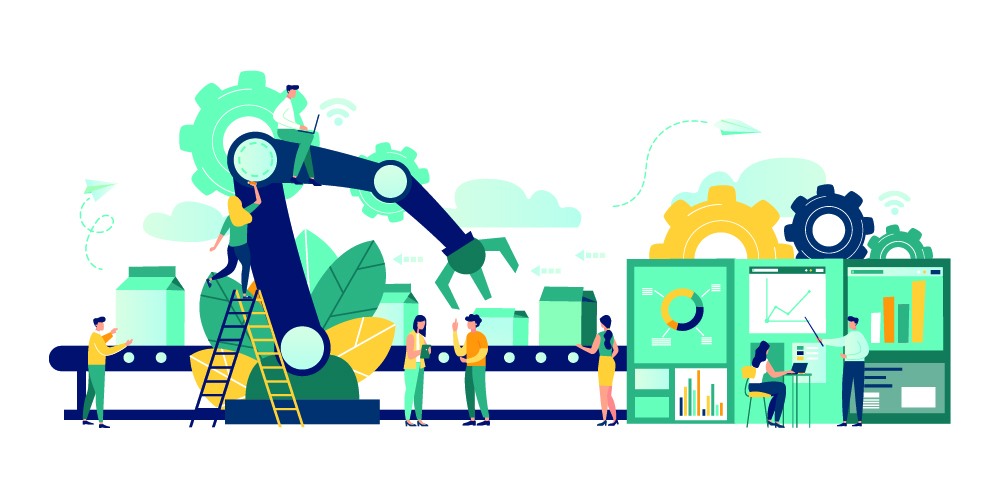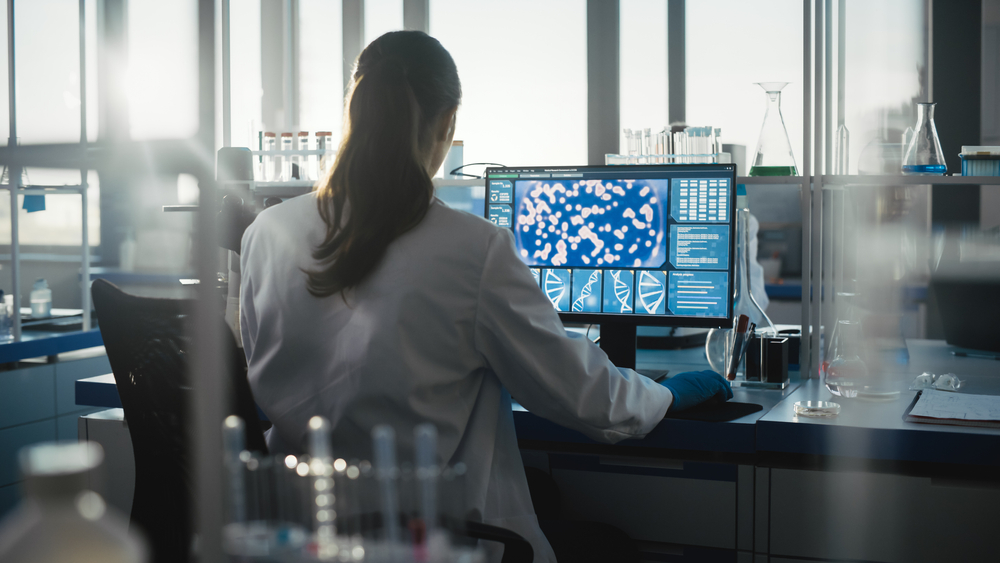A roadmap for AI in Latin America

by Nayat Sanchez-Pi, Luis Martí, Ana Bicharra Garcia, Ricardo Yates, MarleyVellasco, Carlos Coello –
How can Artificial Intelligence help us achieve the UN Sustainable Development Goals?

Alongside the GPAI Summit, the initiative’s Responsible Artificial Intelligence (RAI) Working Group is hosting an event focusing on the role of AI in achieving the UN Sustainable Development Goals.
Data sharing to benefit all

One year after the Montreal Summit, the Working Group on Data Governance will present its latest work on data sharing for the benefit of society at large at this year’s GPAI Summit in Paris.
AI is working to win over farmers

The GPAI Innovation and Commercialization Working Group is committed to ensuring that AI improves the conditions around crop production conditions, livestock welfare and product traceability, at the same time as conserving water resources and land reserves.
A Living Lab on AI and the world of work

To gain a clearer understanding of the challenges posed by AI for the future on work. That is the ambition of the Living Lab virtual laboratory that GPAI experts are currently working on. A genuine co-creation ecosystem for people-centric research and innovation.
Using artificial intelligence to ensure fair work

How can AI improve ethics in the world of work? In the absence of specific studies, the Future of Work expert group set out to answer that question this year.
How AI is facilitating fair access to data

The GPAI Data Governance Working Group is committed to ensuring that AI is compatible with human rights, inclusion, diversity and economic growth, at the same time as benefiting society and respecting the principles of sustainable development.
The environmental benefits of AI

The Responsible AI Working Group makes strides to tackle global warming, while minimizing greenhouse gas emissions generated by AI applications.
The role of AI in the discovery of new drugs

AI could play a major role in the drug discovery process. The current ecosystem is preventing this technology from flourishing. The group of GPAI
experts have proposed a ready-to-use and balanced roadmap for creating the right
incentives and better directing public procurement and support where markets fail to address
pressing issues.
Helping SMEs to benefit from AI

Generally unfamiliar with AI, SMEs nevertheless provide 80-90% of all jobs and generate 70-75% of GDP, depending on the country concerned. To help them learn more about this technology, GPAI experts have built a model of an online portal where AI solution providers and SMEs can meet in the virtual world.
Students from all over the world are helping to promote the future of AI

Whether future computer scientists or social scientists, students from around the world have temporarily quit their lecture theatres to become investigators for GPAI. It’s a valuable way for these future professionals to get to grips with the issues of AI in the corporate world and prepare for their own futures in that world.
Biodiversity… the next challenge for the GPAI

Next year, the GPAI experts intend to extend their thinking to include the effects of climate change on biodiversity in order to understand how AI tools can be used for this purpose.
